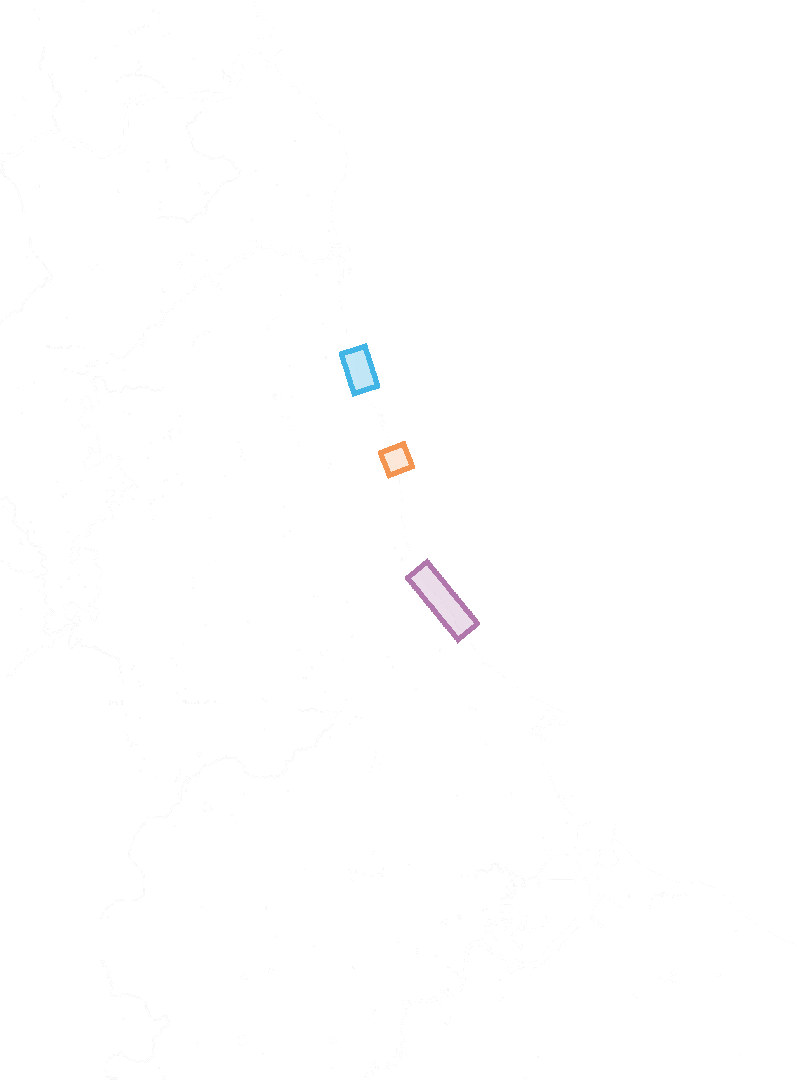Welcome to Reading the Rocks
Reading the Rocks is part of SeaScapes, a National Lottery Heritage Fund scheme inspiring and empowering people to understand, explore and protect our coastline.
The seascape lies between the Rivers Tyne and Tees in North East England, characterised by unique Magnesian Limestone geology 250 million years in the making.
From industry to war, pre-history to the modern day, the heritage of this dynamic seascape is born from the sea.
This website explores three key locations Seaham, Blast Beach and Blackhall Rocks.
Guided by Professor David H. Roberts of Durham University, we interactively explore each location, search for clues and identify evidence of its unique ancient and recent past and how this has shaped and continues to affect this spectacular coastline.
How to use Reading the Rocks
ReadingTheRocks.com is optimised for desktop use.
Whilst the site is compatible with tablets and smartphones, some features may be limited on smaller screens.

Seaham
3D Tour Key themes
- The geological setting:
Tropical seas and ice ages (The Permian and Quaternary periods) - The story of the last ice age
- Post Glacial sea-level rise and coastal evolution (hard rock coasts)
Blast Beach
3D Tour Key themes
- The geological setting:
Rivers, deltas, tropical seas and ice ages
(The Carboniferous, Permian and Quaternary periods) - The story of coal mining
- The impacts of coal waste
Blackhall Rocks
3D Tour Key themes
- The geological setting: Permian and Quaternary periods
- From deserts to tropical seas
- The story of the Durham Denes
Enjoy the coast, respect wildlife, keep safe.
We’re delighted you’ve chosen to visit The Seascapes Reading the Rocks web platform.
We hope it adds to your enjoyment of this wonderful coast.
By using this website, you acknowledge that coastal activities can be physically challenging and carries with it risks that we cannot entirely eliminate. These include the risk of death and personal injury. In the absence of any negligence or other breach of duty by us, participating in coastal activities is entirely at your risk. To help you stay safe, protect wildlife and make your visit enjoyable, please be mindful of the following particular coastal risks:
Tides
To avoid getting caught out by fast changing tides always check tide times before you set off on your adventure.
Coastal erosion
Our coastal geology is fascinating but do avoid walking close to cliff edges or directly beneath cliffs, especially during wet, stormy weather, when rock falls are most likely.
Rock pooling
Our coast is a great place to rock pool but do watch out for slippery surfaces and handle any creatures with care, placing them back in their homes when you’re done exploring.
Dog walking
Visiting the coast is a great experience with our furry friends but please observe local restrictions or requests to keep dogs on leads to protect wildlife and livestock and always keep them under close control. And please use dog waste bins along the coast.
Avian flu
If you come across a dead bird on the coast please report it to DEFRA by using the online system (on GOV.UK) or calling the DEFRA helpline (03459 33 55 77).
Sick or injured wildlife
If you encounter a sick or injured animal along the coast, please contact;
- The RSPCA
Tel: 0300 1234 999
https://www.rspca.org.uk - BDMLR (British Divers Marine Life Rescue)
Tel. 01825 765546)
https://bdmlr.org.uk/
Beach care
Litter left by careless beachgoers, debris from ships or exposed by storms may pose hazards to people and wildlife. If you spot significant and potentially hazardous debris or waste, please report it to the Environment Agency.
Your vigilance and consideration are vital in preserving our coastal environment's beauty and safety.
We have carried out risk assessments relating to the coastal areas we have not carried out any specific checks which might relate to your specific activities and it is your responsibility to ensure you act in a safe manner and:
- Act responsibility and sensibly at all times;
- Follow any safety warnings or instructions displayed
- Obtain medical advice from your doctor before participating if you have a medical condition;
Except for any legal responsibility that we cannot exclude in law, we are not legally responsible for any losses that arise from your use of coastal areas.
